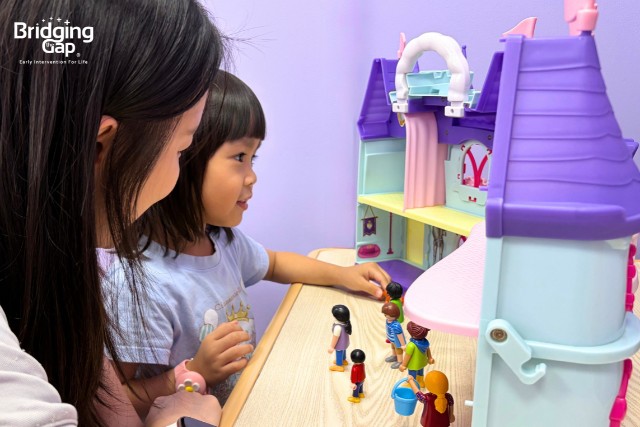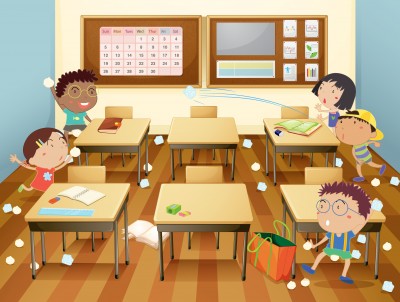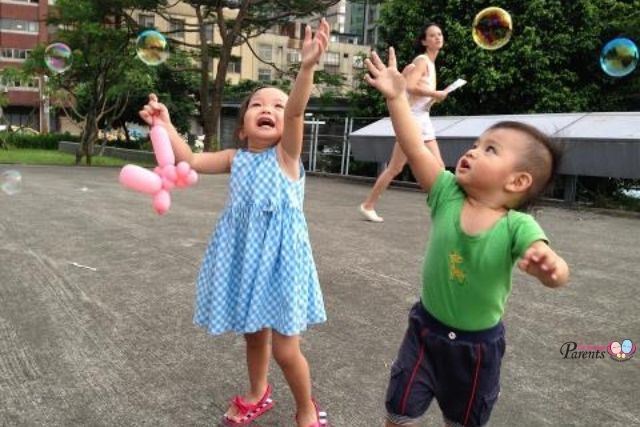Making friends seems to come very naturally and easily for some children, especially those who have a more outgoing and easy-going nature. However, it is not unusual for children to struggle with making friends, and to be overwhelmed by conflict situations. After all, even we adults often find it daunting to start new friendships and manage differences in opinion.
Not many of us dream of our children being prom queen or being crowned Mr Popular, but I daresay we all want them to have their own circle of trusted, good* friends, ones they can share their lives with and on whom they can count for help in times of trouble
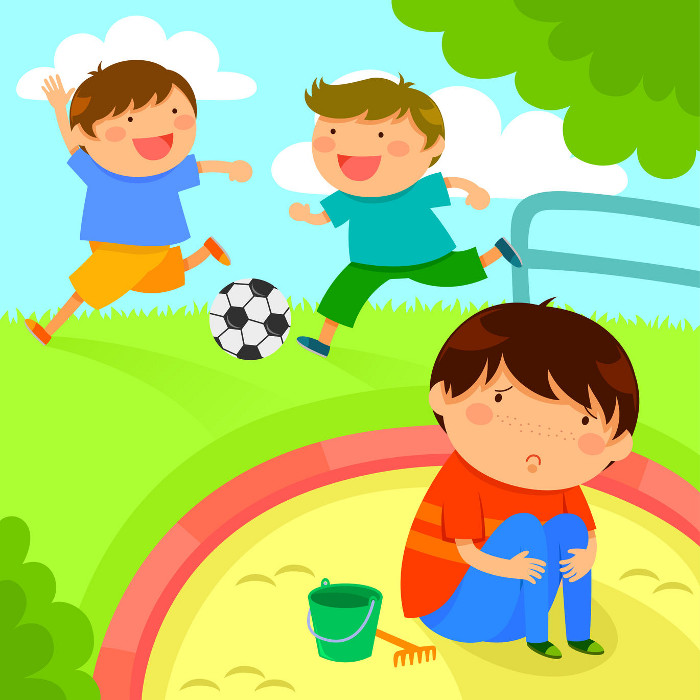
While teachers play an important role in teaching our children valuable social skills in the classroom and at play, parents play an instrumental role in modeling for and coaching their children in the art of making friends.
Prepare your child
Even if your child is a natural extrovert, there’s no harm in giving him a heads up about what to expect in new social settings, such as the first day of school or attending a friend’s birthday party. Let him know that there will many unfamiliar people to meet, and encourage him to make a new friend. Some children may need more advance notice of such potentially stressful scenarios, even up to a few days in advance of the event.
Talk it through
If you already know that your child is prone to be aggressive in his play, you can remind him that hurting people is a strict no-no. Conversely, if she is very reserved and shy with new people, talk her through what she can say or do if she wants to join in a game. For example, being brave enough to ask the other kids if she can join in. And if she is stuck in a situation and needs help, make sure she knows who to ask for help, like a teacher or trusted adult.
Don’t assume
Sometimes we “let go” of our kids too much too soon. Let their experience teach them the art of making friends. “They’ll learn,” we say, “let them figure it out on their own.” Now, I am not advocating for helicopter parenting, and I agree that there is some truth in that statement, but from personal experience with my own children sometimes, they really DON’T get it.
And if some of these social cues and norms are not explained explicitly to the child at a young age, they will make their own interpretations and draw their conclusions, which will then set the tone for how they approach future relationships.
Get to know their parents
Make the effort to become familiar with, if not friends with, the parents of your children’s friends. There’s nothing quite like knowing the parent to understand their child. Along the way, pick up ideas and perspectives on parenting, see your child through others’ eyes, and enlist their cooperation in helping your kids work through issues that might crop up. Young children, unlike teenagers, may feel safe and secure knowing that their parents are connected.
Don’t rush your child
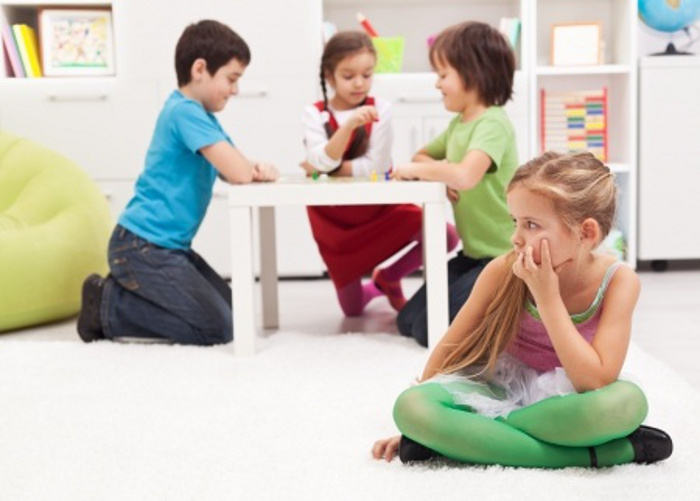
Every child is different. Just because another child has made friends with his entire class within a week and your child has only made one new friend doesn’t mean your child is socially inept or awkward. Each child may warm up to new people at a different pace. Some children prefer to be friends with everybody, while others just need their small circle of two to three friends to feel like they belong.
Share about your own friendships
Your child probably looks up to you as his or her hero in life and may think that Daddy and Mummy make it look so easy to make friends. Little do they know that you and I have also struggled with making friends, and probably still do! It can be helpful to share about your own fears and how you manage them in a social setting. You can even share memories from your own childhood, when you had a fight with your best friend, or when you were scared on the first day of school and how you coped.
*The definition of a “good” friend may vary for each individual and family. It’s best to sit down to discuss with your spouse and kids what characteristics to look out for in a good friend.
By Dorothea Chow.
This was first published in Parenting with Love: Preparing your child for Primary School.
* * * * *
Like what you see here? Get parenting tips and stories straight to your inbox! Join our mailing list here.
Want to be heard 👂 and seen 👀 by over 100,000 parents in Singapore? We can help! Leave your contact here and we’ll be in touch.













